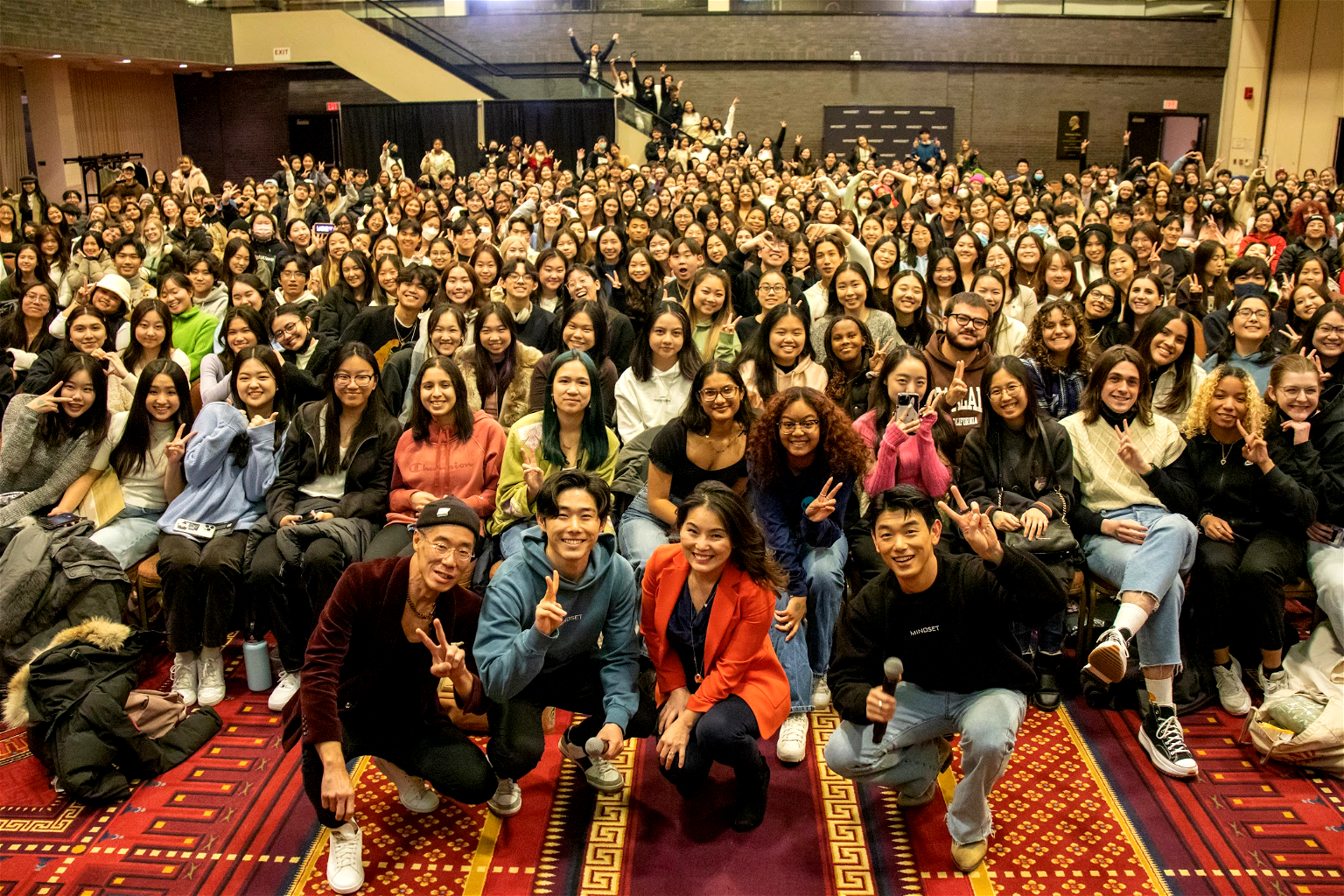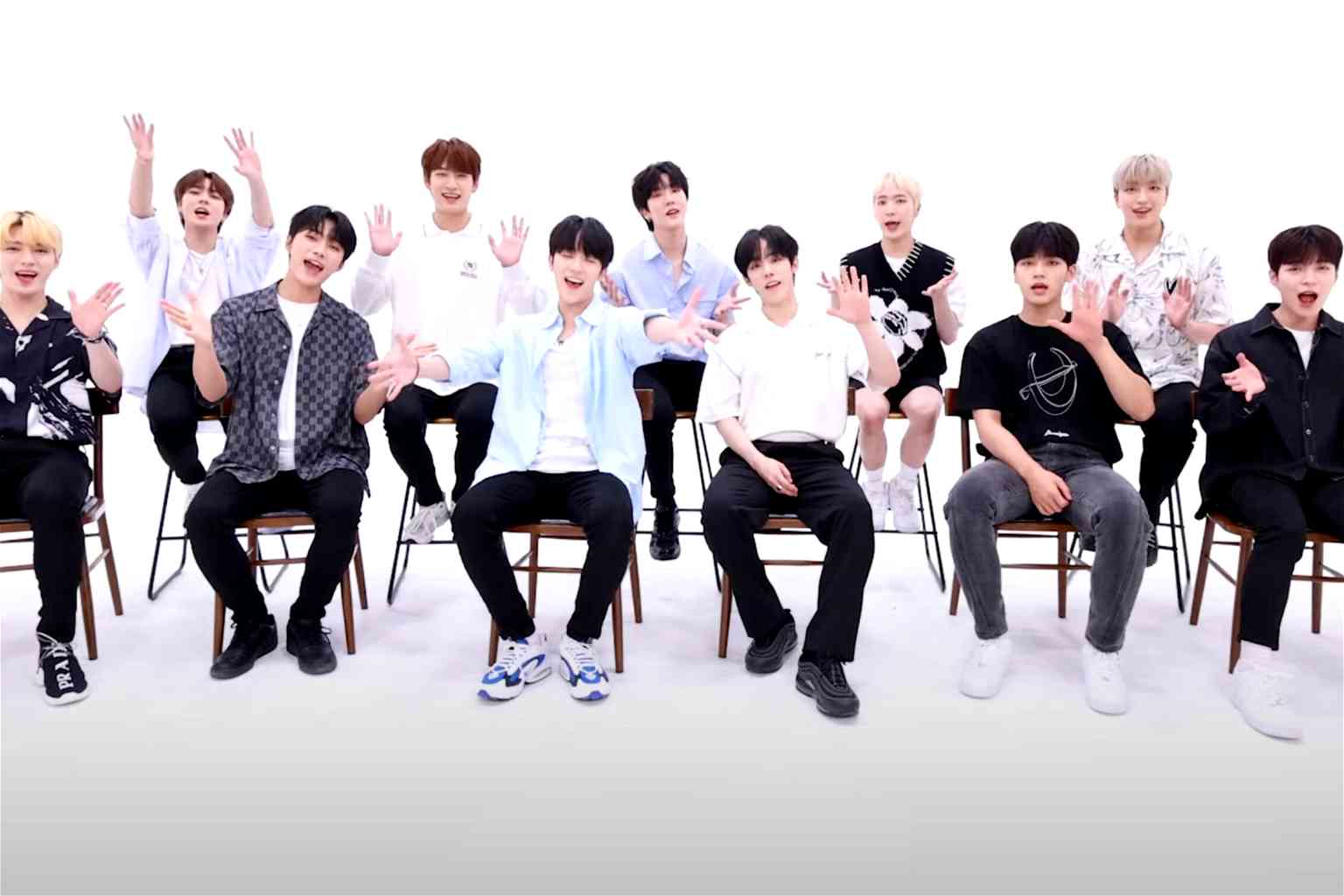K-pop’s newest hit: mental health support through audio therapy

We started Mindset in February of 2021, so it’s actually been exactly two years now. We set out with the mission of how we provide mental wellness support and value through storytelling.
The celebrities that come onto the platform like BM from Kard or Tori Kelly, Julie Michaels, Keshi, DPR, it’s not necessarily that they have all the answers or the solutions to these mental health struggles, but we have found that it’s simply the act of them talking about these things that have been able to provide some real tangible emotional support to listeners around the world.
We see that people want a support system, they want to talk about these issues, they want to find some sort of comfort, emotional support, in some type of solution to these issues. It’s almost at a point where it’s undeniable. We’re coming out of the pandemic, but still, the statistics show that it’s still getting worse and worse.
A lot of it is also tied in with social media trends, which has been pretty persistent throughout Gen Z’s upbringing. These external pressures of social media, to the pandemic. I think when it comes to how people are able to come into these spaces and become vulnerable. I think it’s their willingness to be vulnerable, but also the celebrity speakers that we’re working with, whether it’s on the Mindset app or in person.
They don’t have to do Mindset collection, they don’t have to sit down with us for eight to 16 hours and be vulnerable themselves, but they see the value in sharing their stories. And what you’ll find is that these artists, these celebrities, actually want to talk about these things. They’re not going to go on Twitter, Instagram Live or TikTok and spill their guts. They’re also looking for a safe space to actually divulge and talk.
I think maybe it’s because they are Korean American and can talk about those things a bit more, but over time, it’s kind of become this snowball effect. We’ve been able to normalize this type of content, and it’s at the point now where we have a lot of K-pop groups reaching out to us and asking to create a Mindset collection.
We’re careful with the perception of putting out a huge PR blast around each of these drops. I don’t think it’s necessarily a negative thing by any means. We’ve talked a lot about it internally. We don’t want to necessarily sensationalize these somewhat sensitive topics. We don’t want to put the artists in a situation where it’s perceived they are sharing a story to get a big headline. I think how we promote these stories is something that can be done very tactfully.
As brothers we see each other often and talk essentially 24/7. It’s tough to ever carve out a time to understand how each other are doing. That’s not a conversation that we have enough of in society. It’s also a little bit awkward to ask even a really close friend or brother direct questions about their feelings.
When Eric recorded his session, I had no idea of some of his struggles and mental health challenges, [such as] dealing with ADHD. He’s never really talked to me about it. It’s always kind of been hinted at. He can’t focus or he sees doctors and gets medication. I have never really asked him about these things.
Eric does this interview with our mom. With Asian parents, it’s really awkward to talk about anything mental health-related or even just to talk about feelings overall. It’s the first time that Eric actually talks to our mom about how she feels about him being an artist, you know, being a creative. We grew up in a somewhat traditional kind of Korean household. Eric had a great job at Deloitte in New York, the dream job for an Asian parent. But he left all that to essentially pursue the riskiest kind of career path, being a K-pop artist. He struggled a lot for his first five years.
Our mom talks about seeing him perform live during North America tour for the first time. She starts crying during the actual episode. It’s always heartbreaking to hear your mom cry. It’s not something I’ve really seen often because I think Asian parents do their best to stay strong and be that solid pillar in our lives, but she just kind of breaks down. She’s talking directly to Eric and says, ‘I’m just so proud of you. It made me realize just how hard you worked to achieve this career, your aspirational goal in life.’ I think it’s something that [makes] Eric tear up every time we listen to that.


